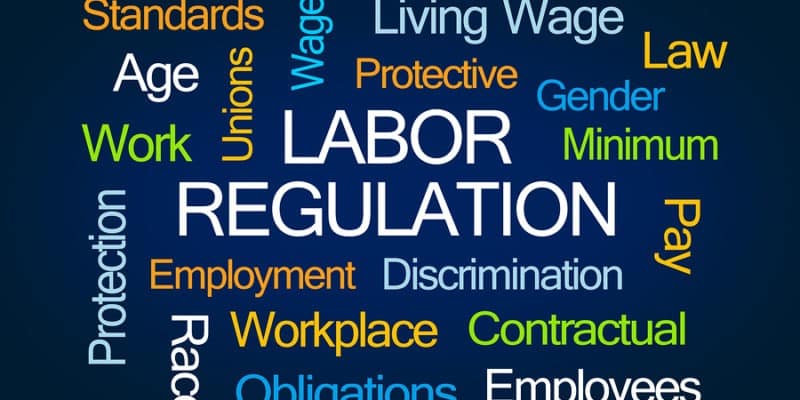By Cole Lauterbach
Illinois News Network
Mar 21, 2019
General contractors in Illinois may be on the hook for the wages of their subcontractors’ unpaid employees if state lawmakers successfully pass a law requiring just that.
Under state Rep. Jennifer Gong-Gershowitz’ legislation, a contractor who hires others to do a job could be forced by the Illinois Department of Labor to be responsible for unpaid wages to workers that the subcontractor failed to pay.
“House Bill 2838 provides for primary contractor responsibility for wage and benefit theft in the construction industry to stop worker exploitation and bring tax dollars back to the state currently being lost by lawbreakers,” she said.
Rep. Tom Weber, a contractor himself, said the change would put builders on the hook for other businesses’ actions.
“As a contractor who hired someone and paid them to do a job and then when they don’t pay their employees, how on Earth is that my responsibility?” he asked.
Kevin O’Gorman with the Chicago Regional Council of Carpenters told Weber that the new law would make him more careful about who he does business with.
“It would be a good thing for your portion of the industry to make sure that the people are getting paid,” he said. “We’re trying to get you to be reasonable and hire qualified and responsible contractors.”
The bill now awaits a vote on the House floor.
The state of California has a similar law. General contractors there have been sued by the state and forced to pay sizable settlements on behalf of contractors they pay to do jobs.









